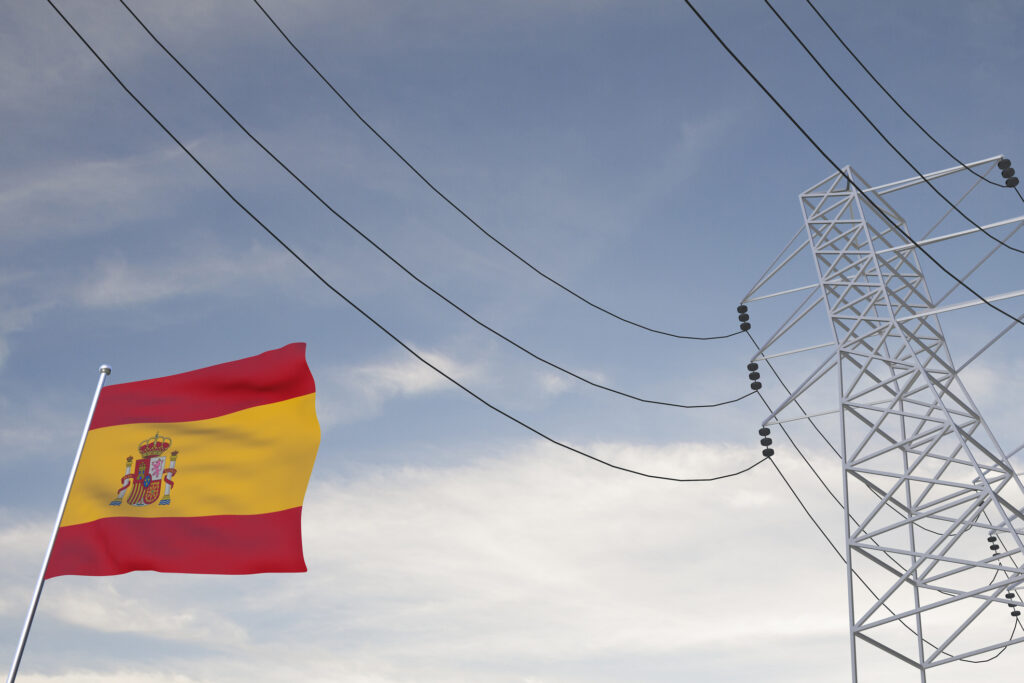The U.S. Environmental Protection Agency (EPA) must either regulate carbon dioxide (CO2) and other greenhouse gases or give a reasonable explanation for why it cannot or will not do so, the U.S. Supreme Court ruled on April 2 in a 5 to 4 decision.
Under the Clean Air Act, EPA is charged with setting emission standards for any air pollutant, from any class of new motor vehicles, that in EPA’s judgment causes or contributes to air pollution reasonably anticipated to endanger public health or welfare. EPA has consistently rejected calls by environmental activists to regulate CO2 under the act.
In response, the State of Massachusetts led a coalition of activist groups and other states in challenging EPA’s refusal to regulate carbon dioxide.
Standing Issues
The first issue before the Court was whether Massachusetts had standing to sue EPA. To demonstrate standing, Justice John Paul Stevens wrote for the majority, a plaintiff must show it suffered a concrete and particularized injury that is either actual or imminent, that the injury is fairly traceable to the defendant, and that a favorable decision will likely redress the injury.
The Court ruled Massachusetts suffers a concrete and particularized injury by EPA’s refusal to regulate CO2. “The harms associated with climate change are serious and well recognized,” the Court ruled. More specifically, the Court deferred to the affidavit of a scientist with an environmental activist group who claimed a “strong consensus” of scientists agree sea levels will rise “precipitously” by the end of the century.
Link to Alleged Harm
Next, the Court ruled EPA’s refusal to regulate CO2 is causing the projected rise in sea level. Dismissing EPA’s argument that regulating greenhouse gas emissions from automobiles will have little or no effect on global temperatures and sea level, the Court stated, “Agencies, like legislatures, do not generally resolve massive problems in one fell regulatory swoop. … They instead whittle away at them over time.
“The rise in sea levels associated with global warming has already harmed and will continue to harm Massachusetts,” the Court added. “The risk of catastrophic harm, though remote, is nevertheless real. That risk would be reduced to some extent if petitioners received the relief they seek.”
Calls Carbon Dioxide ‘Pollutant’
Addressing EPA’s argument that it cannot regulate CO2 under the Clean Air Act because the act never once identifies carbon dioxide as a pollutant, the Court countered, “While the Congress that drafted [the Clean Air Act] might not have appreciated the possibility that burning fossil fuels could lead to global warming, they did understand that without regulatory flexibility, changing circumstances and scientific developments would soon render the Clean Air Act obsolete.”
Jed Babbin, editor of Human Events and former U.S. deputy undersecretary of defense, said, “The issue for me is that though the EPA has never wanted to regulate CO2, it now has the authority to do so. Some say it still won’t. Horseradish. When, in the history of bloated government, has an entrenched bureaucracy been told it has the authority to regulate something and then failed to do so?”
Court Ignored Congress, President
As a final matter, the Court dismissed EPA’s other reason for not regulating CO2–that Congress and the president have both deliberately chosen not to limit CO2 emissions. The Court ruled EPA cannot take even such deliberate decisions by Congress and the president into consideration when deciding whether to regulate.
“While the statute does condition the exercise of EPA’s authority on its formation of a ‘judgment,’ that judgment must relate to whether an air pollutant ’cause[s], or contribute[s] to, air pollution which may reasonably be anticipated to endanger public health or welfare,” the Court asserted.
James M. Taylor ([email protected]) is managing editor of Environment & Climate News.
For more information …
The full text of the U.S. Supreme Court’s decision in Massachusetts et al. v. Environmental Protection Agency is available through PolicyBot™, The Heartland Institute’s free online research database. Point your Web browser to http://www.policybot.org and search for document #21106.




